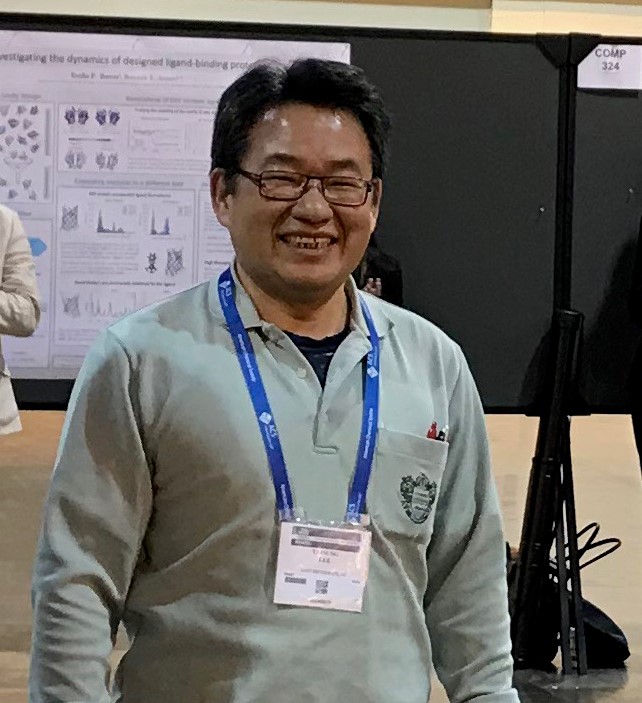

Achievable Free Energy Calculations through GPU-Accelerated AMBER
Accurate ligand-protein binding affinities plays a crucial role in the lead optimization of drug design. The CUDA-accelerated PMEMD module of new AMBER 18 features improved GPU performance and support for GPU accelerated thermodynamic integration that delivers over two orders of magnitude greater performance than a single CPU core for the calculation of ligand-protein binding affinities, with no statistically significant numerical differences.
By watching this webinar replay, you will learn how this development in drug discovery is:
- Achievable: Now researchers can perform TI/FEP/MBAR on one GPU at the speed of 50-100 ns/day for drug design of a typical kinase protein. With adequate computational resources, it is now possible to optimize a lead in days or weeks, instead of months.
- Affordable: Compared to a large-scale CPU cluster, GPU-equipped workstations are much cheaper and much power-efficient. The widely used, academic AMBER simulation package is much more affordable than other commercial packages.
- Accurate and Reproducible: By extending the sampling with GPU acceleration, drug binding affinities can be predicted to within 0.1 kcal/mol precision. Through other modules in the Amber software distribution, researchers may tune ligand force-field parameters to reach higher accuracy for their specific drug design problems.
ONDEMAND WEBINAR REGISTRATION
Presented By

Taisung Lee
Associate Research Professor, Rutgers University
Taisung Lee is currently an Associate Research Professor at Rutgers University with research interests in free energy mythology development and GPU-accelerated molecular simulations. He obtained his B.S. and M.S. degrees in Chemistry from National Taiwan University and Ph.D. in Theoretical Quantum Chemistry from Duke University. After NIH Postdoctoral training at UCSF, he worked at Accelrys as a scientific software engineer and then a project lead for almost 6 years. He retuned to academia and worked at University of Minnesota and then moved to Rutgers.

David Cerutti
Research Professor, Rutgers University
David Cerutti is a Research Professor at Rutgers University with interests in force field design and hardware acceleration. With degrees in Bioengineering from Rice University and Chemistry (University of California, San Diego), David has worked in several academic laboratories in solvent model development and at Schrodinger, LLC improving biomolecular force fields. Aside from his most recent work in renovating the underlying molecular dynamics features of the Amber engine, David has contributed the mdgx package containing standard CPU algorithms for molecular dynamics and parameter optimization modules. The combination of these two capabilities makes mdgx a powerful addition to the Amber software package, offering users explicit control of the atomic details of their simulations.
)
Add Presenter 3's Name (John Smith)
Add Presenter 3's Title (ex: CMO, ABC Company)
Add Presenter 3's Bio (2-3 Sentences)
)
Add Presenter 4's Name (John Smith)
Add Presenter 4's Title (ex: CMO, ABC Company)
Add Presenter 4's Bio (2-3 Sentences)
HOSTED BY










